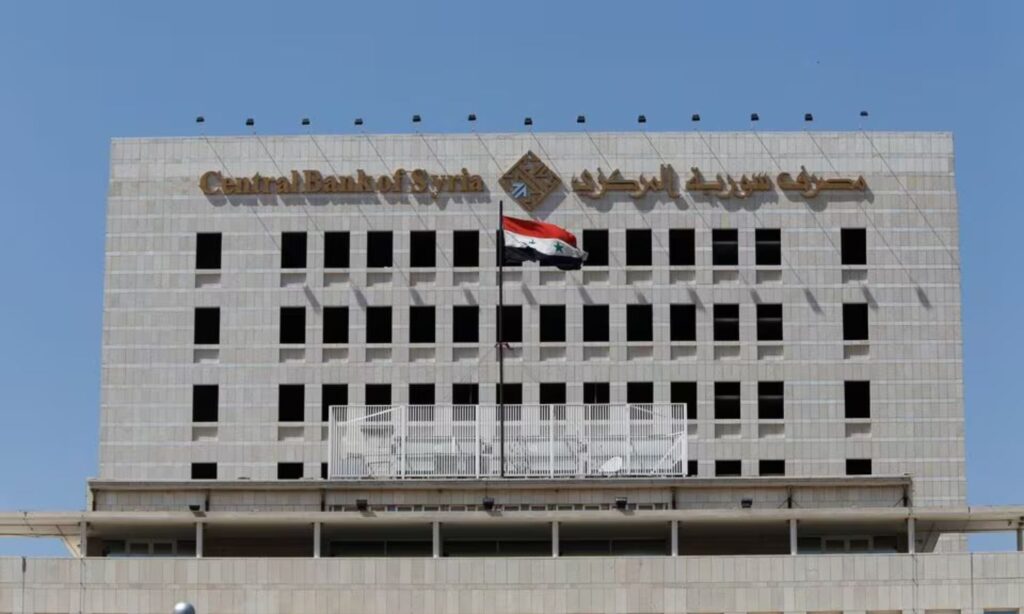The Deputy Governor of the Central Bank of Syria, Maha Abdel Rahman, announced that the annual inflation rate in Syria reached 122% last April.
During an interview with the pro-regime Sama channel on Sunday, May 26, Abdel Rahman stated that the inflation rate is very high, attributing this increase to international factors and Western sanctions imposed on the Syrian regime, in addition to the spread of smuggling across uncontrolled borders with neighboring countries.
Regarding local factors, Abdel Rahman pointed out that the main reasons in this context include weak production, a trade balance deficit, as well as the deficit financing that the regime’s government has been resorting to for years.
The Deputy Governor of the Central Bank considered that inflation in Syria has not yet reached hyperinflation.
Unlike most countries in the world, the Central Bank of Syria stopped issuing official monthly or annual reports on inflation rates in the country since August 2020, when it reached 139%.
According to a report issued on August 10, 2023, Syria ranked third globally in terms of inflation, with an annual rate of 238%, after Zimbabwe and Venezuela, according to the Hanke’s Inflation Dashboard, which measures economic inflation in many countries, without relying on government statistics.
Extreme case of stagflation
Based on what is happening in Syria today in terms of rising prices of basic commodities, the current type of inflation is considered an extreme case of stagflation, which is one of the worst economic situations any country could reach, according to what economic researcher Zaki Mahshi told Enab Baladi earlier.
Stagflation is a term that describes an economy suffering from an imbalance, where prices continue to rise, while economic growth declines, and the rate of increase in the production of goods and services also rises.
Among the main general causes of stagflation or inflation in Syria from an economic perspective are the shortage of goods and the scarcity of some items, leading to an increase in their prices in local currency. As a result of the collapse of local production and reliance mainly on imports using foreign currency, this will inevitably raise the nominal prices of goods.











